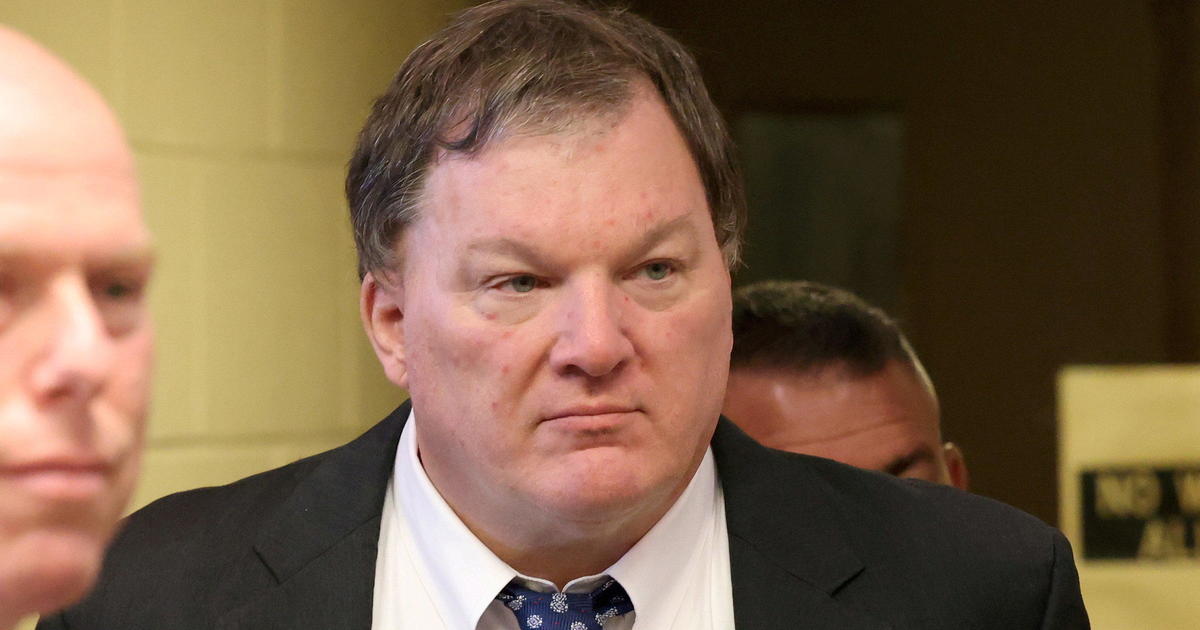Medical Scribes Allow Doctors To Give Patients More Attention
NEW YORK (CBSNewYork) -- Last time you went to the doctor, were you happy with the amount of time her or she spent with you?
As CBS2's Dr. Max Gomez reported, a lack of time with the doctor is one of the most common complaints patients have. But bringing a scribe into the exam room is making the doctor-patient interaction much better.
It is not just patients who are unhappy with the amount of time doctors spend with them. Doctors are being pushed to see many more patients and spend much of that time entering electronic health records on the computer.
"He takes notes for a while and talks to me for five minutes, and then he's gone," said patient Leticia Dizon.
But the medical scribe may change all that.
Dizon, a medical technician, cut herself on a piece of equipment – and a doctor and a scribe joined her in the emergency room at NewYork-Presbyterian/Weill Cornell Medical Center.
As emergency physician-in-chief Dr. Rahul Sharma examined Dizon, all the vital medical information was entered into the electronic medical record by medical scribe Larion Santiago.
It is an innovation that allows the doctor actually to have a face-to-face interaction with their patient.
"You do get a lot of nonverbal cues from patients, and you'll know if they have concerns, if they understand what you're talking about, or if they're having pain or something to that extent," Sharma said.
Doctors might miss some of that information if they taking notes instead of looking at the patients, Sharma said.
Larion Santiago works for Scribe America, a national company providing medical scribes to hospitals and physicians – but only after extensive training.
"We're trained in in pathophysiology, documentation, coding and billing, and of course, HIPAA, to make sure that we are keeping patient confidentiality," Santiago said.
Medical scribes allow doctors to spend more time with their patients, improving patient satisfaction and reducing physician burnout.
A recent study by Dr. Sharma revealed an unexpected benefit.
"From a teaching perspective, it also frees up the doctors to provide more bedside teaching for our residents and trainees," he said.
Some patients are apprehensive talking about private medical information in front of another person. But Sharma said once he explains that the scribe is bound by confidentiality regulations and allows him to spend more time with patients, they almost always consent to have a scribe in the room.



